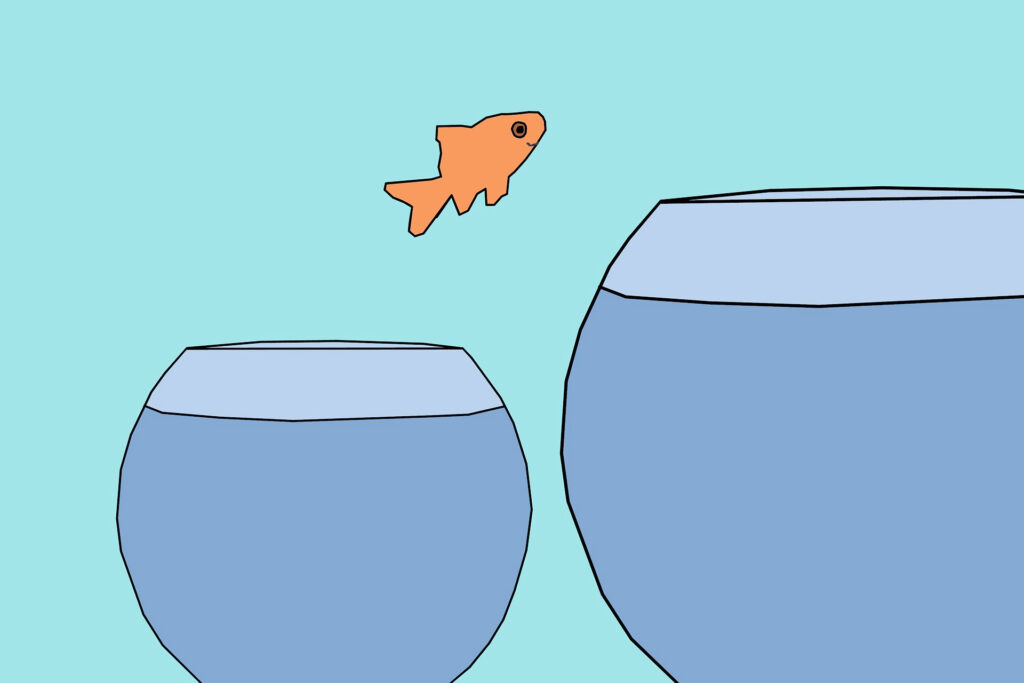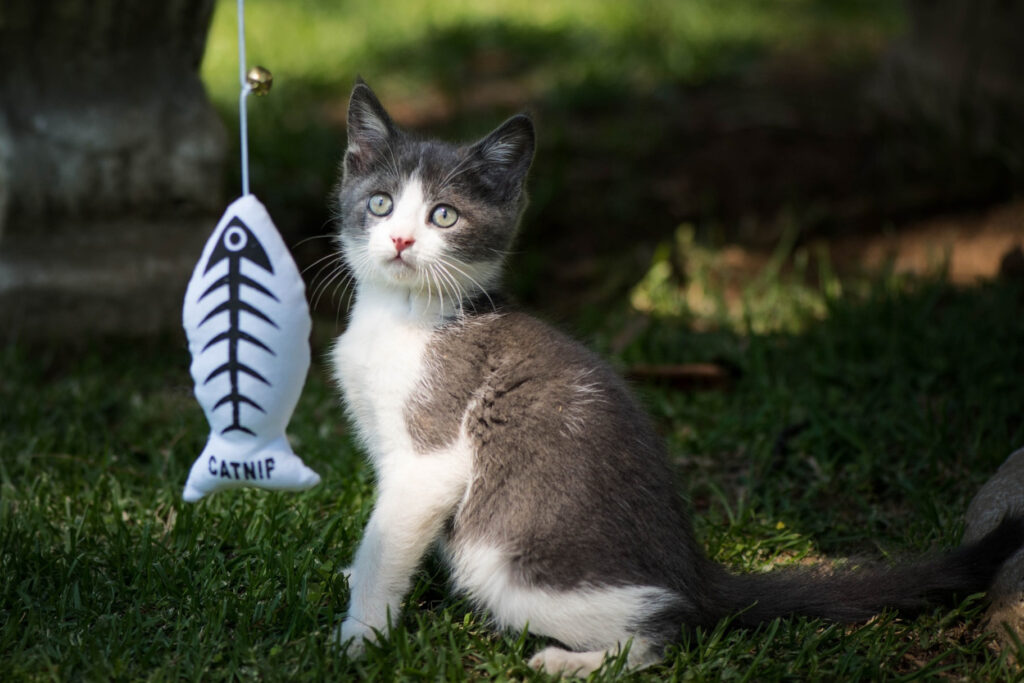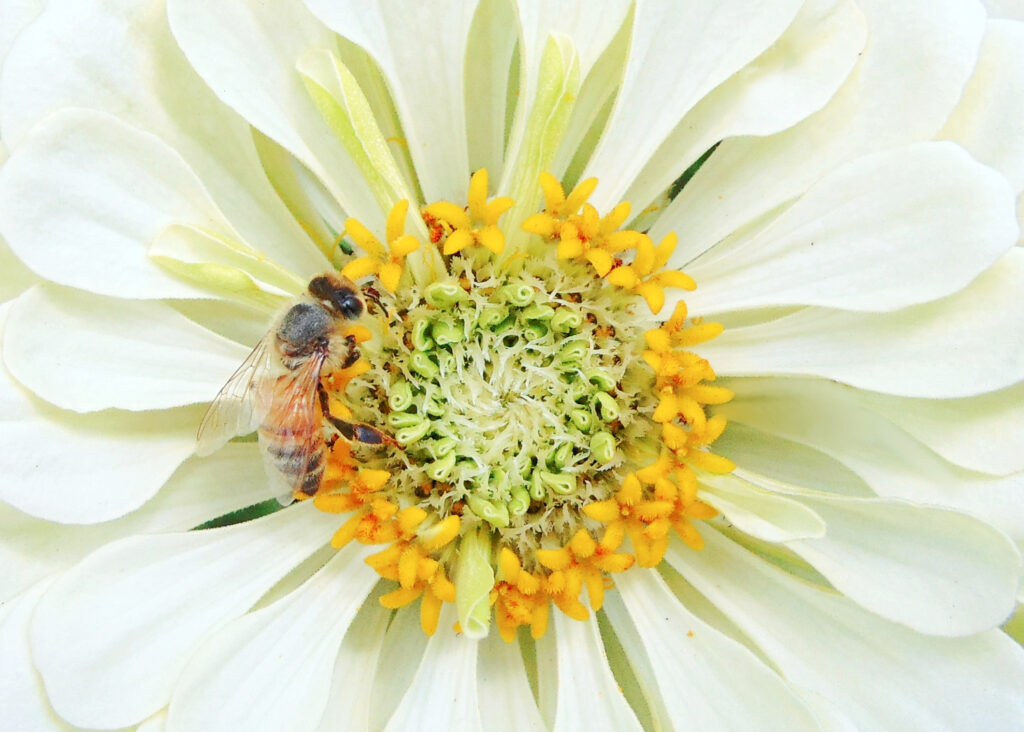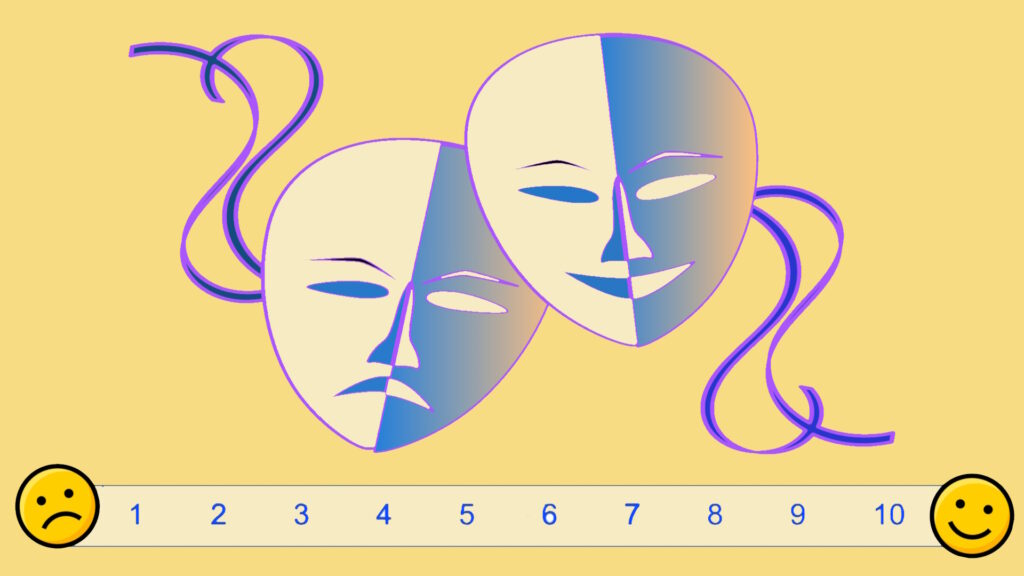
Remember when I invited you to measure your happiness quotient at the start of July?
How are you doing so far? Take a quick inventory and find out.
If you want to up your supply, one of the best things you can learn from genuinely happy people is to keep your options open.
You might think you’re limited by your age, responsibilities, circumstances, finances, or health, but the truth is you have countless options for expanding your happiness every single day.
The trick is to keep an eye out for them, and to risk grabbing the ones that wink at you as they appear.
One choice that happy people make is the choice to be free to try something new, even if it might make them look or feel silly, even if it violates their “shoulds,” even if it’s not “realistic” (and maybe especially if it’s not).
They ask themselves “What if?” and “Why not?”
They hone their curiosity.
They’re not locked in by plans, or by fears.
They’re flexible and daring.
They’re more driven by exploring life’s offerings and possibilities than by toeing the line in order to achieve an imagined security or success.
They trust life enough to let the conclusions take care of themselves.
Hunting for Happiness
Sometimes the something new starts with a new viewpoint, with asking, “How else can I look at this?” or “What opportunities are here?” or “How can I turn this into an adventure, or make it interesting or fun?”
Happy people cultivate a sense of play.
They teach themselves to see what they were viewing as a limitation as a challenge to their creativity instead.
For happy people, life is an art form, and they are the artists.
Dancer and choreographer Agnes de Mille said, “Living is a form of not being sure, not knowing what’s next or how. The moment you know how, you begin to die a little. The artist never entirely knows. We guess. We may be wrong, but we take leap after leap in the dark.”
Happy people don’t expect all their choices to turn out well. But they expect to grow from each of them, to learn, to be enriched by all that they experience.
They know that the joy is in the journey, in taking the leaps.
Taking the Risk
Looking for options keeps us from living on auto-pilot.
It opens a view of possibilities, moment to moment to moment.
Asking “What are my choices?” keeps us aware and alive.
Refuse to accept the lie that you have no choice.
You always do.
Happy people teach themselves to look outside the box, to deviate from their routines.
They learn to risk letting go of preconceived notions and of caring what anyone else thinks about the choices they make for themselves.
I have a poster on my wall that says, “Trust Your Crazy Ideas.” I think that’s great advice.
Crazy ideas can turn out to be the start of learning a whole new skill, or of meeting new people and making new friends.
They can lead to the discovery of a talent you hadn’t known you possessed, of discovering treasures and wonders you had no idea were right around that next corner.
Happiness experts Foster and Hicks say “Every new day presents the potential for relationships, education, personal growth, professional development and just plain fun.”
What calls you? What crazy new idea could you try?
What if?
Why not?
Keep on the lookout for new options—moment after moment, day after day.
They’re in front of you right now.
Next week I’ll share with you one of my favorite keys to increased happiness, one of the most beautiful ones. Stay tuned!
Warmly,
Susan
Image by Mohamed Hassan from Pixabay








